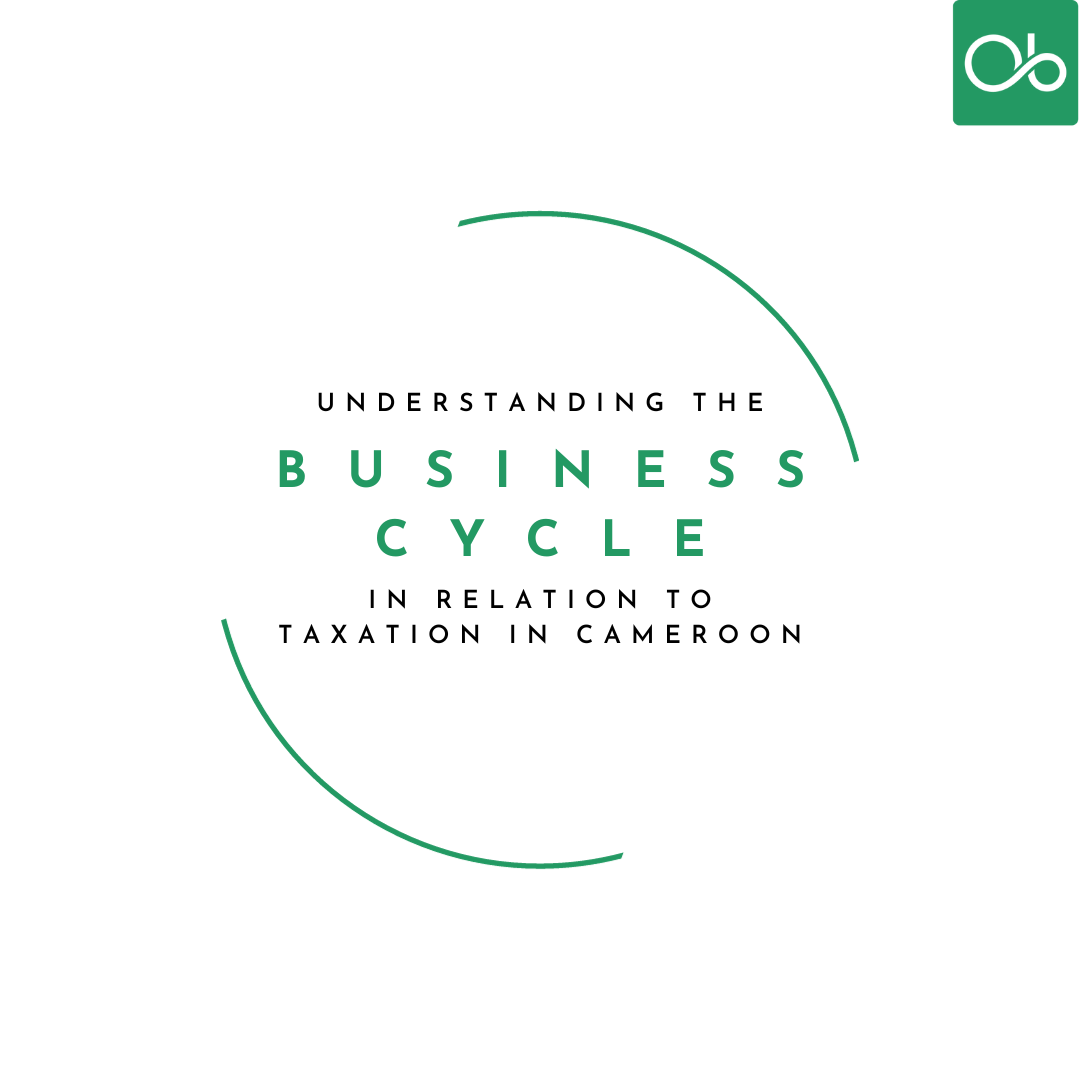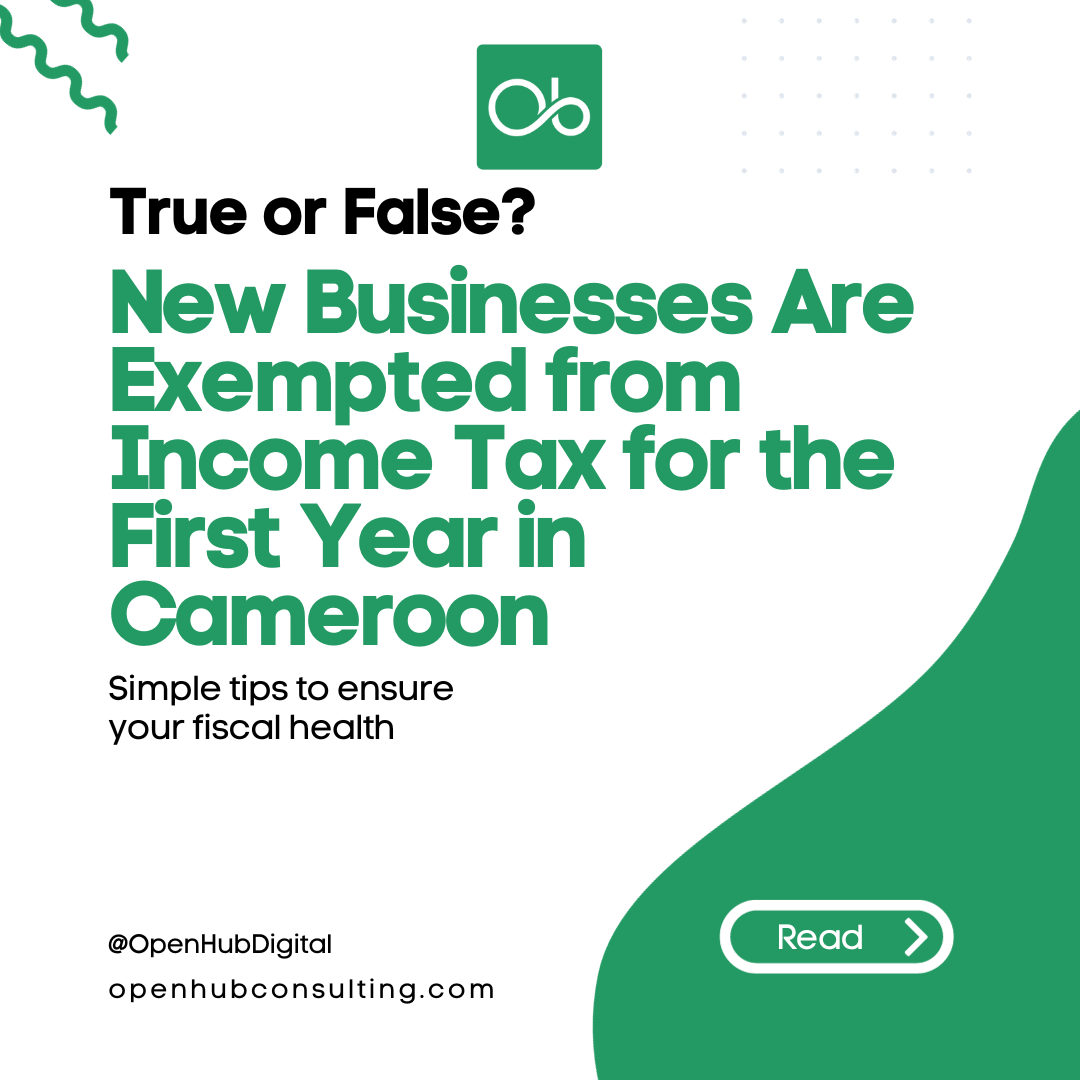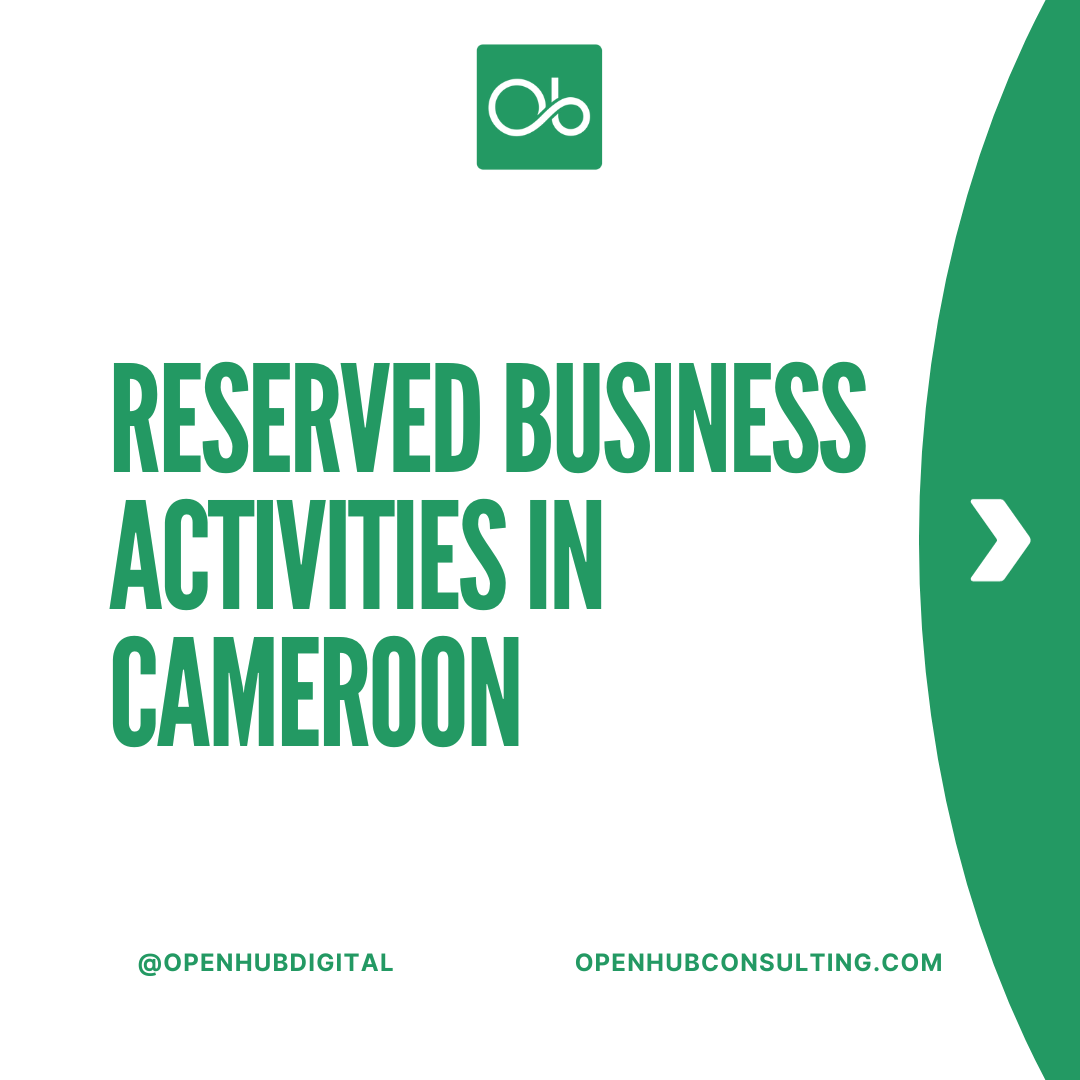Cameroon’s General Tax Code offers tax advantages and incentives to ICT start-ups registered in approved management centers to foster innovation and support the digital economy. During the incubation phase, start-ups are tax exempt, giving them financial freedom to focus on growth. Technological innovation is encouraged through a 30% income tax credit on associated expenses. During the operational phase, further benefits continue, such as reduced tax rates, exemptions, and preferential rates on capital gains from sales. After five years, start-ups transition to the regular tax system, maintaining their established foundations.
Open-end investment companies
Open-end investment firms, known as SICAVs (Société d’Investissement à Capital Variable), are financial structures pooling funds from investors for diversified portfolio investments like stocks, bonds, or other instruments. Offering unlimited shares, SICAVs offer liquidity and risk diversification, while being subject to regulatory oversight for investor protection. These companies are tax-exempt in Cameroon.
Cooperative societies
Cooperative societies are voluntary associations that promote the economic and social well-being of their members by pooling resources and undertaking collective activities. Key features include democratic control, active member benefit, limited return on capital, and emphasis on education and training. These cooperatives operate across various sectors and can increase bargaining power, improve resource access, and promote sustainable practices. Cooperatives’ structure and benefits are subject to local regulations, such as tax exemptions in Cameroon. Assistance is readily available for those interested in forming or participating in cooperatives.
Mutual credit funds
Mutual credit funds are member-owned cooperatives providing financial services such as savings, loans, and more. They differ from traditional banks as they are not-for-profit, prioritizing members’ financial needs over profits. Membership is open to individuals or businesses meeting specific eligibility criteria. These funds promote financial inclusion, local lending, and community development while being regulated by the relevant financial authorities.
Non-profit private education establishment
Non-profit private education establishments are institutions primarily focused on providing quality education rather than making profits. Privately owned by non-profit organizations, religious groups, or community entities, they encompass a variety of institutions from schools to universities. They rely on multiple funding sources including tuition, donations, and government grants. These institutions often offer a more personalized educational experience with greater flexibility in curriculum and teaching methods compared to public schools, despite charging tuition fees.
Economic interest groups
Economic interest groups are organized associations of individuals or businesses that come together to promote and protect their shared economic interests.
Understanding the Business Cycle in Relation to Taxation in Cameroon
Understanding the business cycle concept as per the tax law in Cameroon is vital for businesses operating within the country.
Tax Exemptions for Newly Created Companies and Sole Proprietor Businesses
Newly created companies and sole proprietor businesses are exempt from a business license tax for their first year of operation, per the General Tax Code. However, they are not exempt from income tax. There are specific provisions allowing flexibility in reporting initial financial statements and calendar considerations for tax payments. Companies must understand these obligations and consult with tax professionals for clarity.
Reserved Business Activities and Authorization Requirements in Cameroon
Understanding Reserved Business Activities and Authorization Requirements in Cameroon
Promotion of Local Processing: Tax Incentives for Local Construction Materials in Cameroon
Cameroon’s government promotes the use of local construction materials to stimulate economic growth by granting tax benefits to producers. The benefits under Section 123 of the General Tax Code include VAT exemption on purchases and sales, reduced company tax rates, and a 50% abatement on monthly company tax deposits. These incentives aim to foster local businesses, sustain the construction sector, and encourage sustainable development.










